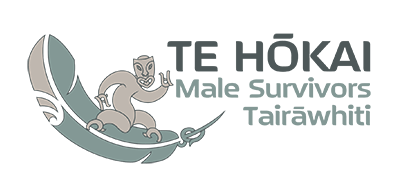Sexual violence and abuse (SVA) is most typically presented as a gender-based problem due to the higher prevalence and incidence rates recorded for women. This has led to male victimisation being overlooked in research, practice and policy, despite international statistics demonstrating that a significant number of men experience SVA across their lifespan.
In this research project we move past the question of “how many men have experienced SVA?” and instead we aimed to understand the barriers and facilitators to reporting and accessing support services for adult male survivors of SVA.
The lack of knowledge about the experience of marginalised groups, who are over-represented in the victimisation statistics, led us to investigate the problem across a diverse range of male survivors across the broad helpseeking process (including disclosure to anybody through to reporting and accessing a range of services). Therefore, the findings can inform the design of services for male survivors broadly and lay the foundations for further nuanced explorations of subgroups with specific demographic characteristics.
Three questions were addressed in this report:
- What are the demographic characteristics of the male survivors who took part in the study and how had they sought help?
- How had the male survivors experienced barriers and facilitators to helpseeking?
- How do service workers’ views on barriers and facilitators to helpseeking compare to the male survivors’ experiences?
